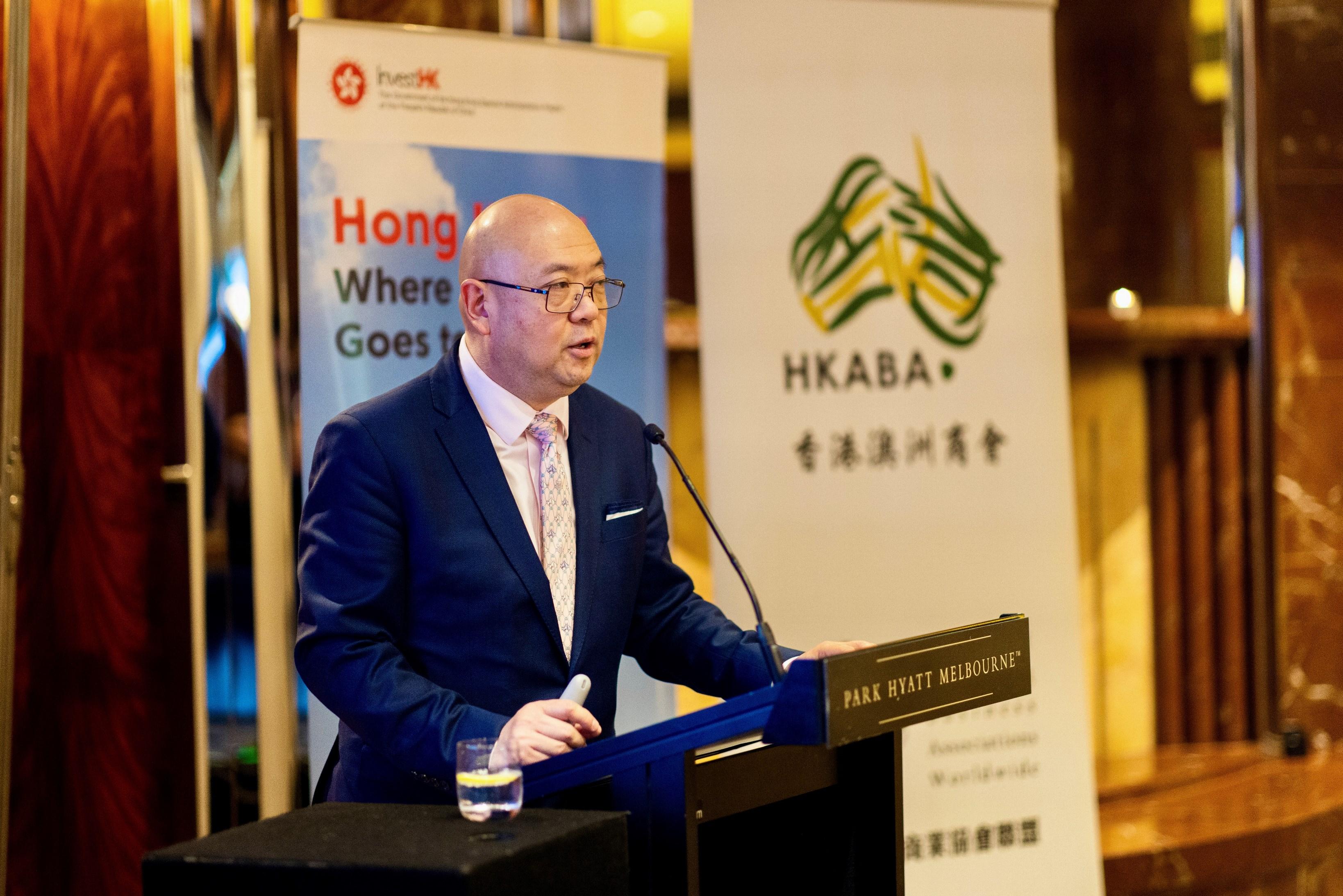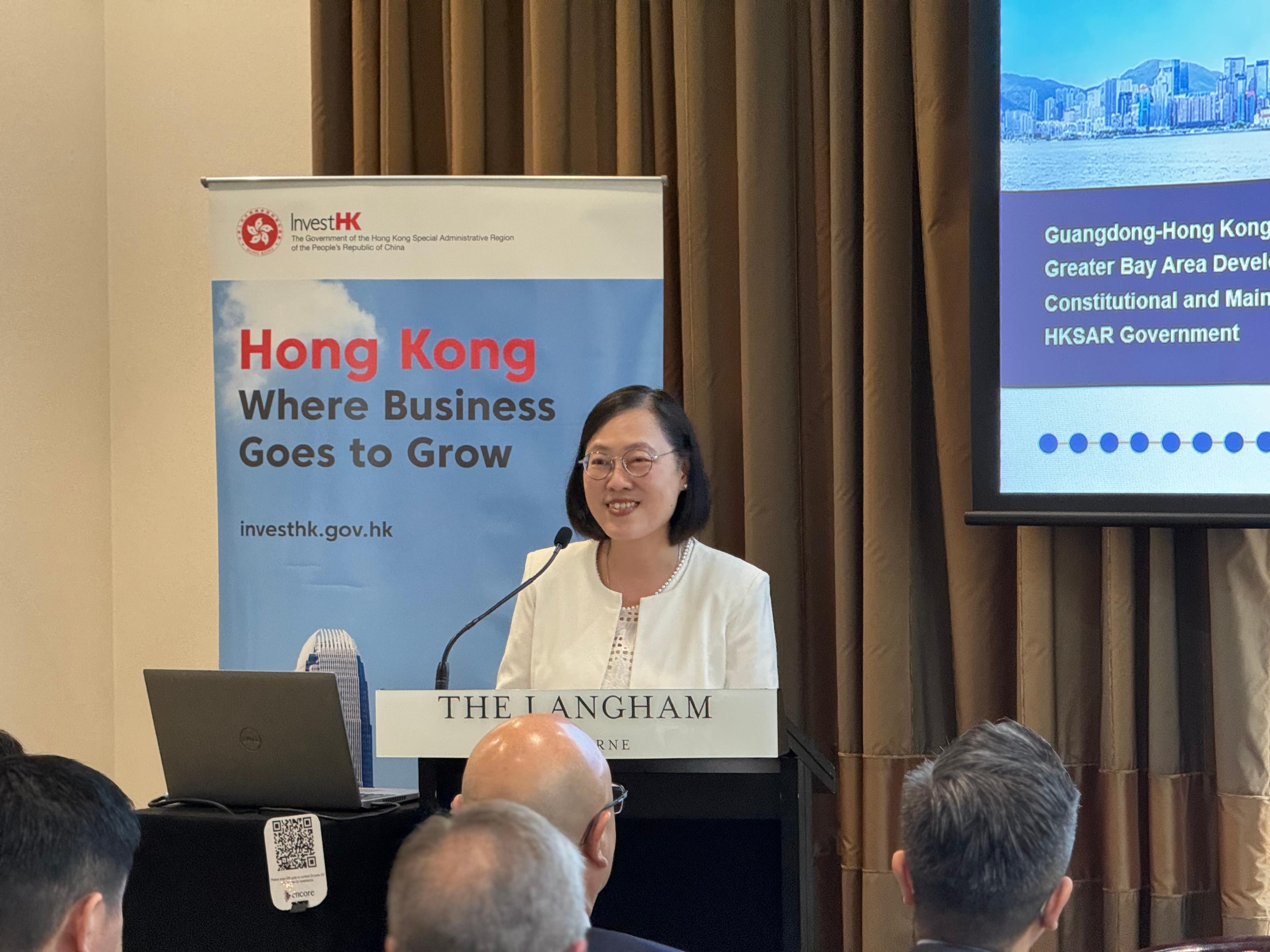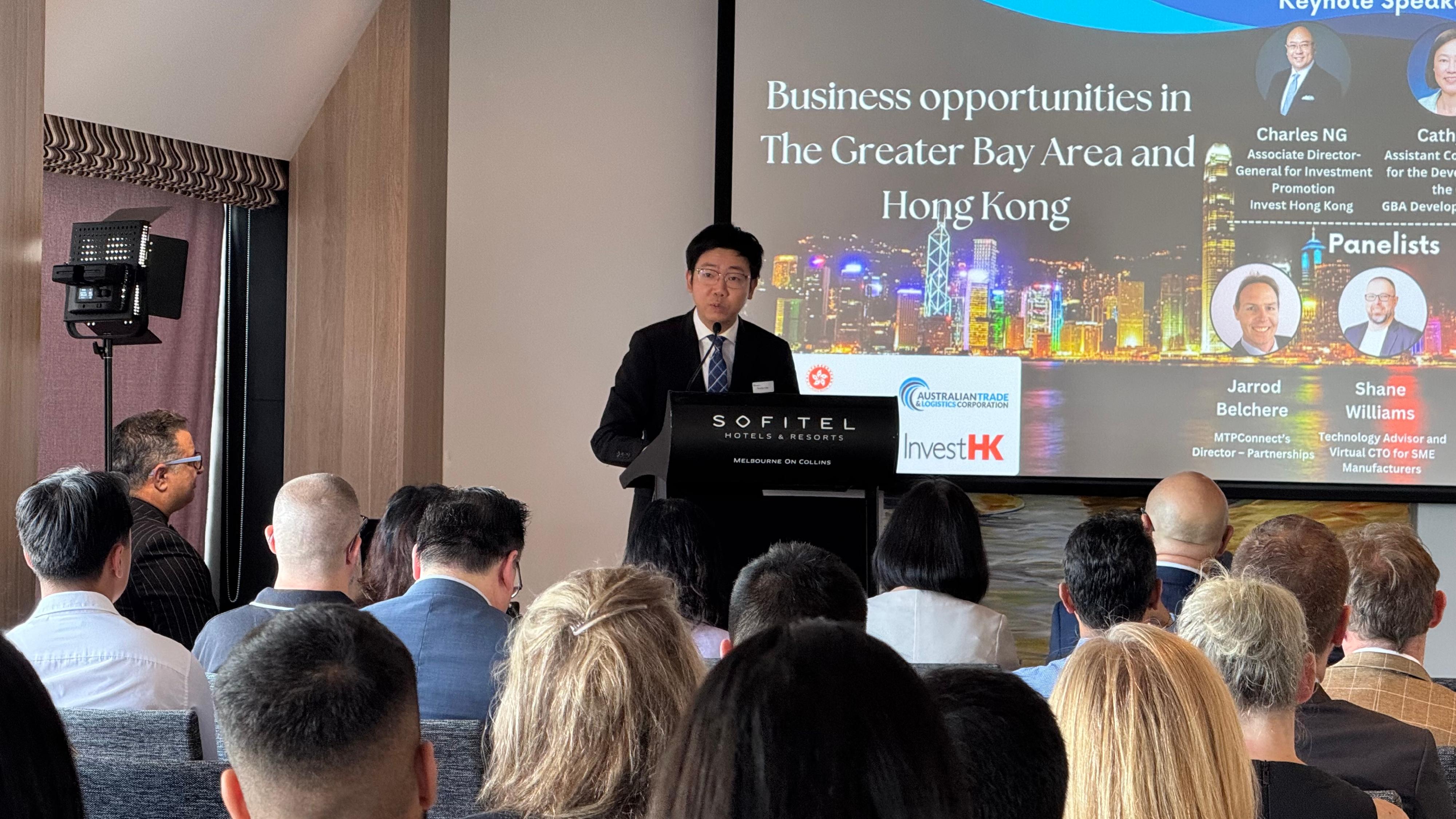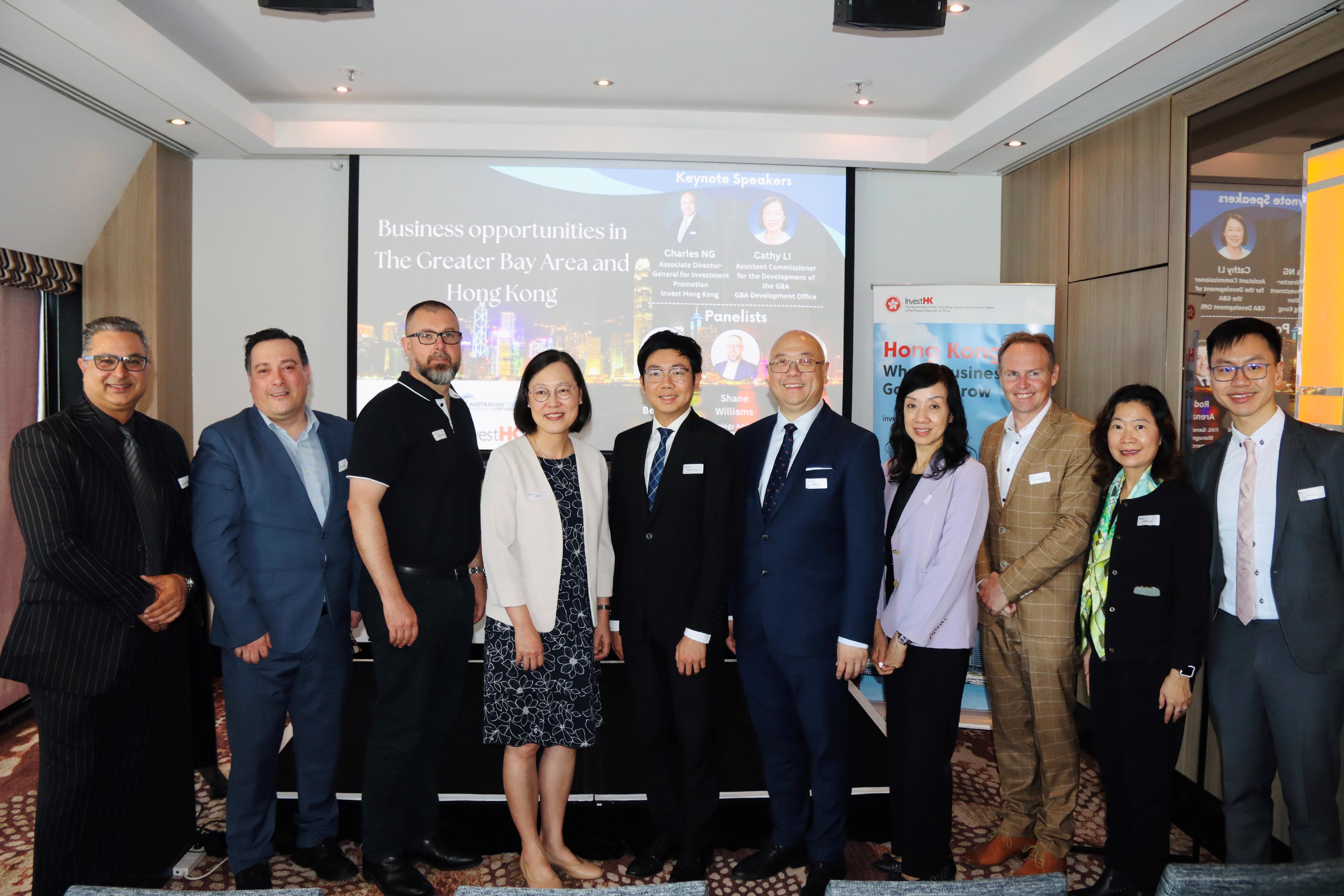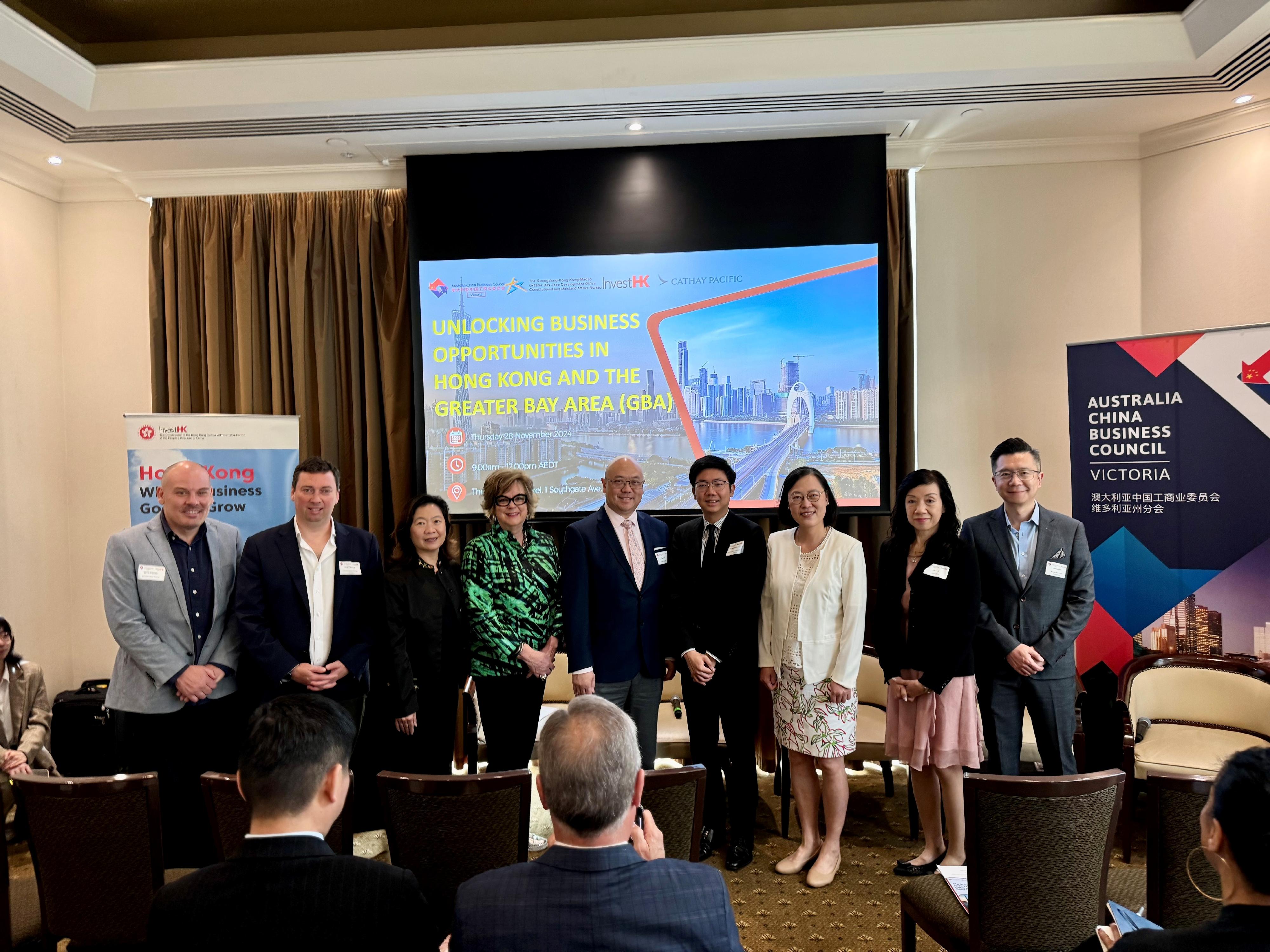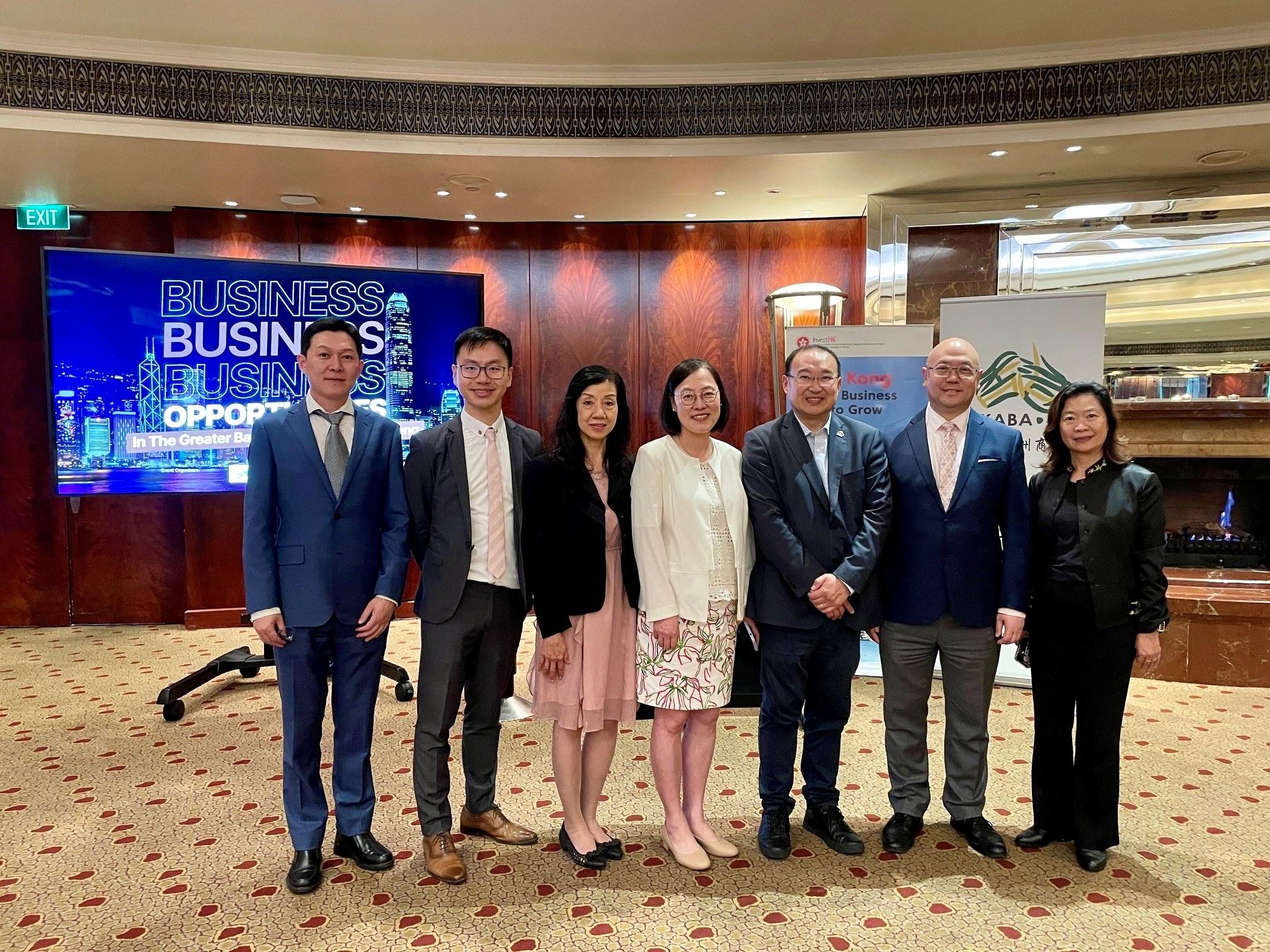Government approves shareholding change for Kai Tak Sports Park Limited
The Culture, Sports and Tourism Bureau (CSTB) today (November 28) announced that it has approved the sale of New World Development Company Limited (NWD)'s shareholding in Kai Tak Sports Park Limited (KTSPL) to Chow Tai Fook Enterprises Limited (CTFE).
In September this year, KTSPL applied to the Government regarding NWD's intention to sell its shareholding in KTSPL to CTFE. Having considered the information submitted by KTSPL, the CSTB decided to approve the application for the relevant shareholding change. CTFE has assured the Government of its commitment to dedicating resources to ensure the smooth construction progress of the Kai Tak Sports Park (KTSP) and to take forward the operation of the KTSP in partnership with the Government.
Opening in the first quarter of 2025, the KTSP is the largest sports infrastructure project ever commissioned in Hong Kong. The KTSP is funded by the Government and adopts a "Design, Build and Operate" model, with KTSPL responsible for its design, construction, and future operation. The aforementioned shareholding change must be approved by the Government in accordance with the contract between the Government and KTSPL.
